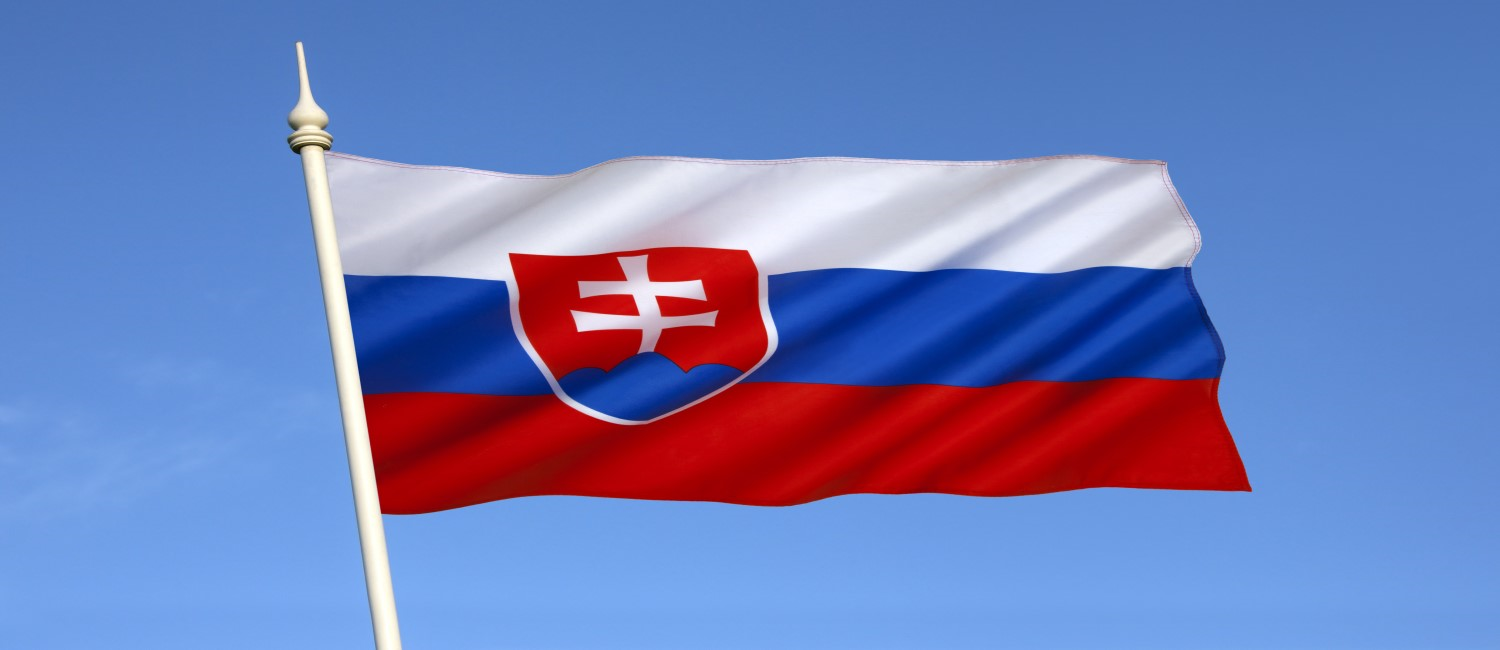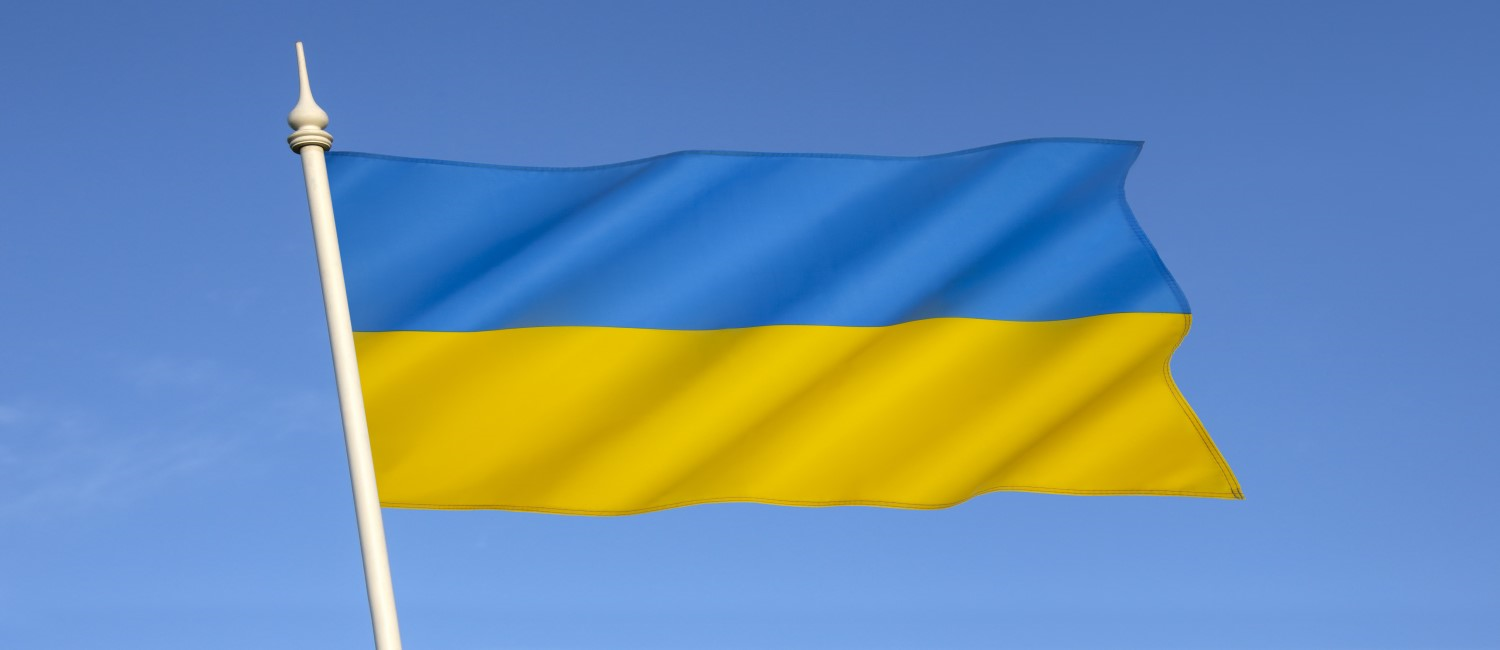New Zealand is a country with a low incidence of money laundering, as it is not a large regional financial center. However, Anti-Money Laundering (AML) experts state that any economic activity may lead to money laundering. Therefore, individuals and institutions must take the necessary measures against money laundering and terrorist financing crimes.
Apart from that, local gangs from Asia carry out most of the money laundering activities in New Zealand. Drugs and fraudulent activities are among the crimes represented. The New Zealand government has taken severe precautions to prevent money laundering. All financial and non-financial institutions in the country are obliged to comply with Anti-Money Laundering regulations.
AML Laws and Regulations in New Zealand
Regulatory institutions in New Zealand oversee a range of entities, including banks, financial markets, investment firms, investment management companies, and legal professionals. These institutions are regulated by different authorities, and there are local regulatory bodies responsible for overseeing various aspects of compliance. The primary government officials responsible for investigating and prosecuting criminal activities related to money laundering are as follows:
- The Reserve Bank of New Zealand (RBNZ): RBNZ oversees banks, life insurers, and non-bank deposit takers.
- The Financial Markets Authority (FMA): FMA is responsible for regulating financial service providers, which includes issuers of securities, licensed supervisors, derivatives issuers and dealers, fund managers, brokers, custodians, financial advisers, peer-to-peer lenders, and equity crowdfunding platforms.
- The Department of Internal Affairs (DIA): DIA has authority over entities such as casinos, non-deposit taking lenders, money changers, designated non-financial businesses and professions (DNFBPs), high-value dealers, entities involved in racing, gaming, and other reporting entities not otherwise supervised elsewhere.
The National Coordination Committee (NCC), also known as the AML/CFT coordination committee, was also established by the Act. Each of the following entities has a representative on the NCC:
- Justice Ministry (MoJ)
- Customs in New Zealand
- Every AML/CFT manager
- Police
- Any other government worker who accepts the Chief Executive of the Ministry of Justice's (MoJ) invitation
Establishing and maintaining crucial connections between the various AML/CFT supervisors, the Police, and any other pertinent governmental agencies is the NCC's primary duty. This coordination ensures that New Zealand's AML/CFT regime operates consistently, effectively, and efficiently.
FATF Status of New Zealand
Based on the report, which summarizes the AML/CFT measures in place in New Zealand as of the on-site visit from 26 February to 15 March 2020.ML is a threat to New Zealand from domestic and foreign sources, particularly in its cash-intensive financial, legal, property, and real estate sectors. Despite having a high level of integrity and comparatively low crime rates, New Zealand is vulnerable to criminal activity because of its open economy, simple capital flow, and accessibility to legal entities. The primary domestic sources of illicit proceeds are fraud, tax evasion, and drug-related crimes. International organized crime groups frequently try to transfer money through New Zealand by taking advantage of its judicial and financial systems. Some industries are deemed necessary due to their size, importance, or vulnerability, including banking, real estate, professional services, and money or value transfer services (MVTS). New Zealand's law enforcement agencies (LEAs) regularly use financial intelligence.
The New Zealand Police Financial Intelligence Unit (FIU) produces and disseminates various financial intelligence products to support law enforcement operations, and New Zealand's LEAs frequently use financial intelligence. To fully harness financial intelligence to identify criminal activity by people who have not been previously identified by law enforcement, there is still room for improvement.
An effective AML/CFT system has been implemented in New Zealand. Results concerning the seizure of criminal proceeds are particularly impressive. Additionally, New Zealand works well with its international partners, understands its ML/TF risks well, uses financial intelligence well, and effectively investigates and prosecutes ML/TF activity. However, significant advancements are required to strengthen oversight and the application of preventive measures, to increase the transparency of legal entities and agreements, and to guarantee that TFS is being applied effectively.
Anti-Money Laundering Solutions for New Zealand
While New Zealand is known for its transparency and integrity, it is not immune to the complexities of AML regulations, especially in the face of international financial activities. To address these challenges effectively, financial institutions in New Zealand need to remain vigilant and proactive in ensuring AML compliance. To explore how Sanction Scanner's solutions can be a valuable asset in achieving AML compliance, particularly in the context of New Zealand's unique challenges and regulatory requirements, we invite you to reach out to us and request a demonstration. We are committed to assisting businesses in meeting their AML compliance needs and addressing the specific nuances of the New Zealand financial landscape.





